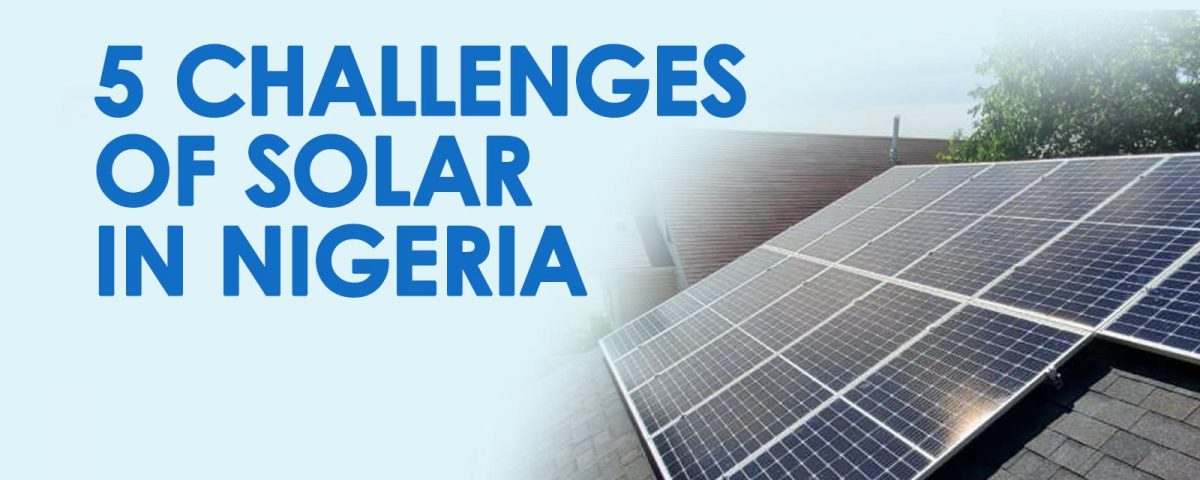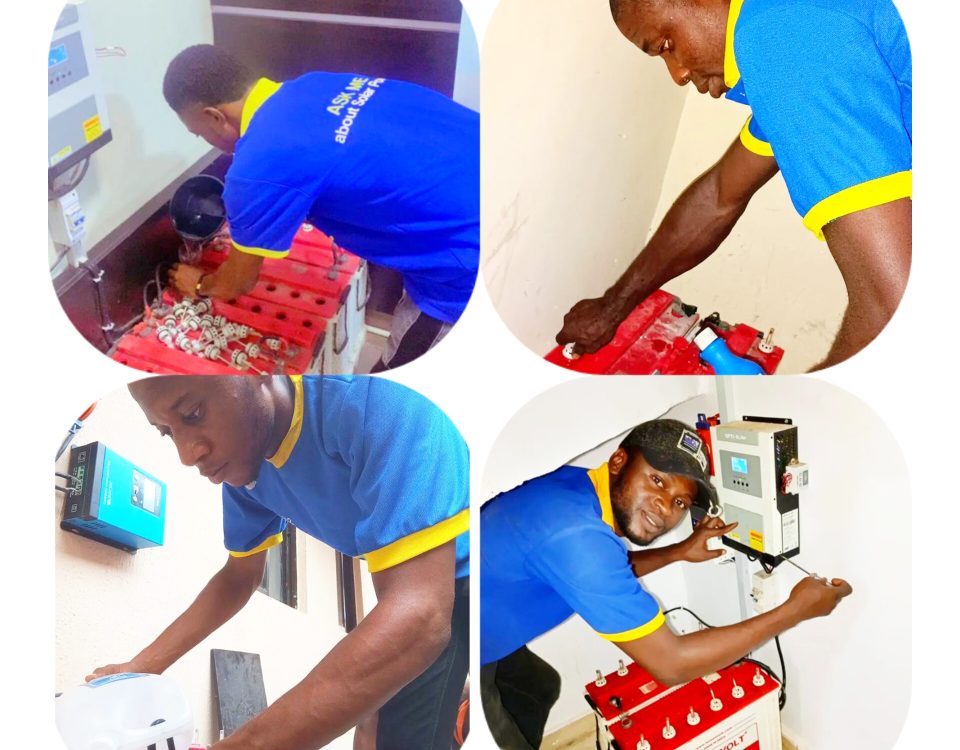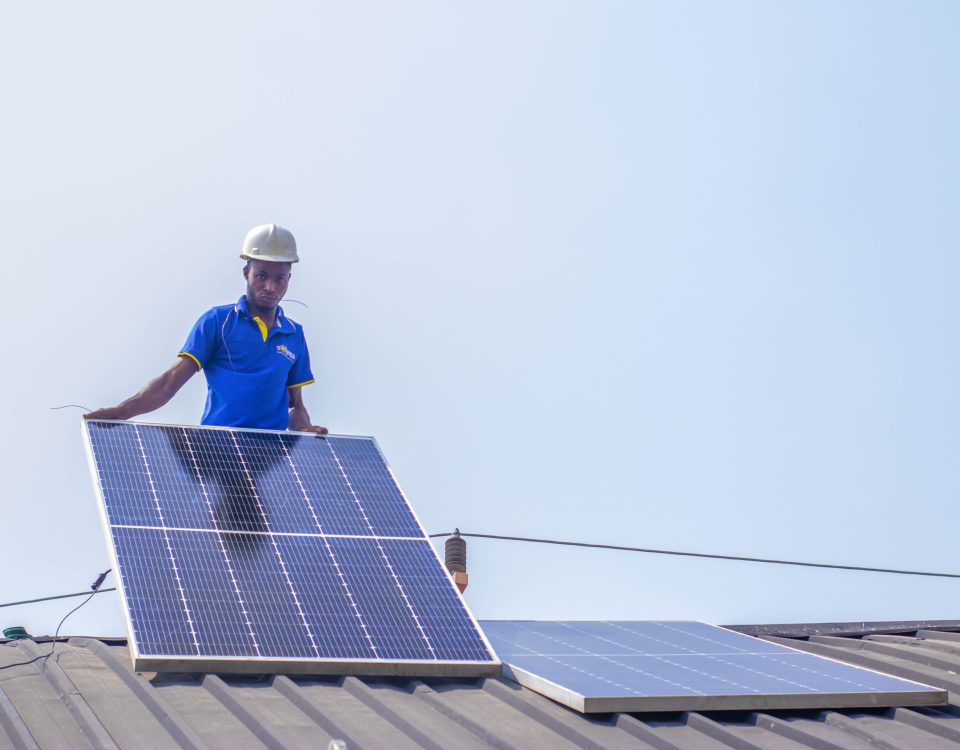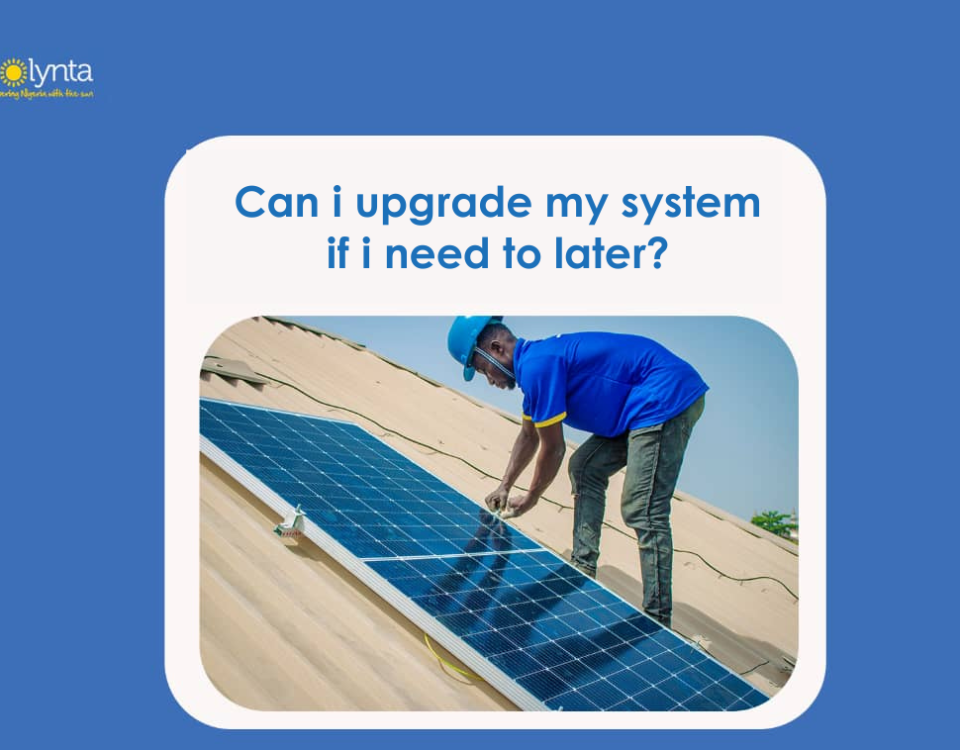The Challenge of Solar in Nigeria

Solar in 5 Unusual Places
2022-06-19
Why is solar power important?
2022-07-10Electricity is crucial to the development of any nation. Nigeria has an installed capacity of 12,522 MW of grid power, but it is only able to generate around 4,000 MW. This is woefully insufficient for a population of over 200 million people with the current energy shortfall standing at 195MW. The challenge of powering Nigeria via a grid system is monumental relative to the benefits. Grid electrification involves substantial costs from building lines, improving capacity, and connecting households. Recent estimates reveal that it would cost $400 million to connect an unserved 25 million households.
Solar power systems can be installed far quicker than traditional power plants and have a proven track record to plug the gaps in Nigeria’s energy requirements. Despite this, adoption is still extremely low with just 28MW total installed capacity in Nigeria equating to less than 20,000 urban households.
Over a decade ago noteworthy barriers to solar energy were a lack of technological expertise, poor product development and lack of consumer awareness. This is no longer the case. A growing pool of credible local and international developers, have emerged, successfully delivering projects in the residential and commercial sectors. In addition, there are now a proliferation of organizations fostering an enabling environment for off-grid energy companies to thrive. Their activities include publicity and awareness raising, commissioning industry related research and giving a voice on advocacy and policy issues. Yet, these noteworthy strides have not led to the widespread roll-out of solar. Why?
Today the key challenge to expanding solar is developer access to finance, at reasonable interest rates. The high initial cost of solar power is prohibitive to the consumer despite the obvious savings of a solar home system in the long run. In order to sell their product developers must finance the upfront cost on behalf of their customers, which necessitates securing a significant sum of capital in order to scale.
Nigeria’s local lending rate is one of the highest in the world with companies paying an interest rate as high as 30% per annum. Taking on such loans, solar companies quickly find their debt repayments sucking up their cash flows, forcing them to put off expansion plans and stalling the growth of the company. Securing overseas lending at single digit interest rates is much more favorable for developers but the solar industry is still playing catch up to the technology and fintech sectors with regards to its ability to do so.
The reasons for this are multi-faceted but ultimately the barrier is the absence of a first major mover in the space. For investors, seeing is often believing. But the hallmarks of a unicorn are there. The emergence of Airtel and MTN in 2001 changed the telecommunications landscape in Nigeria and solar is waiting in the wings. The first solar company servicing the mass market will not only transform the energy sector in Nigeria but the country as a whole by solving an old age problem and ushering in unprecedented economic growth.




